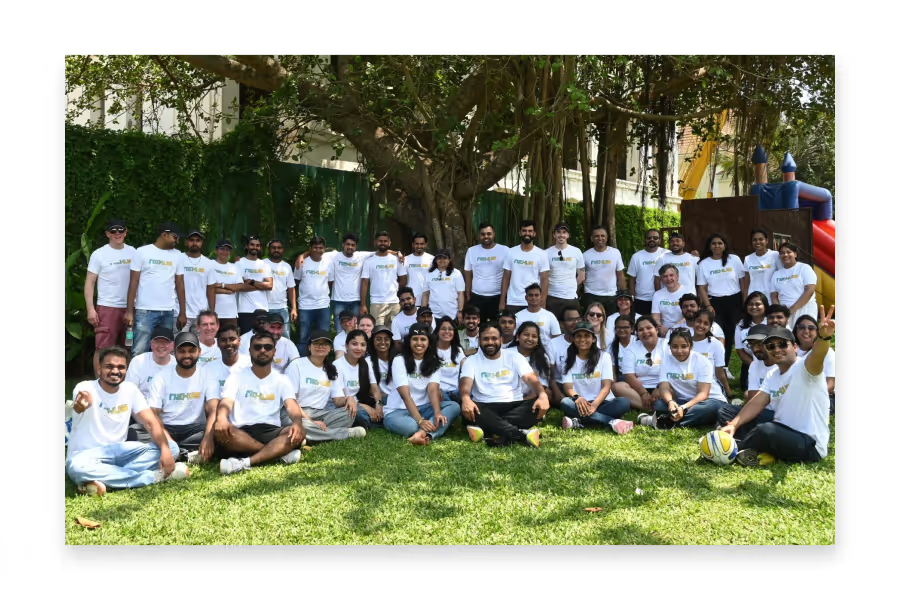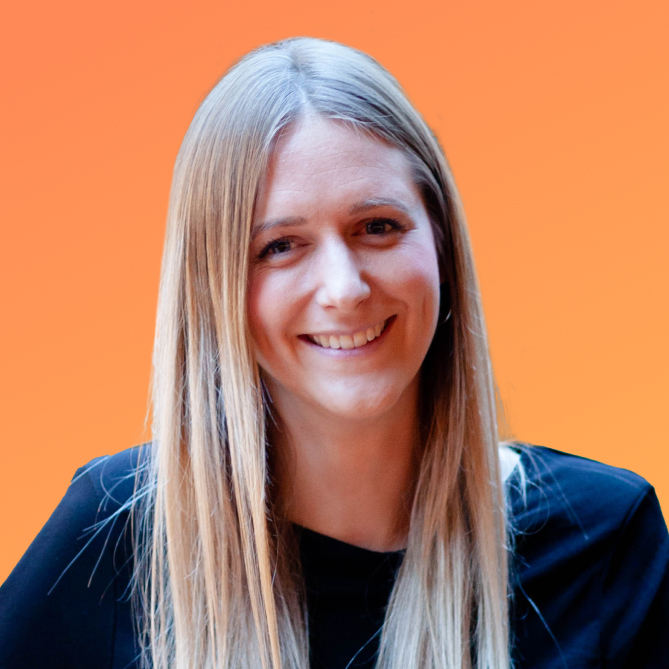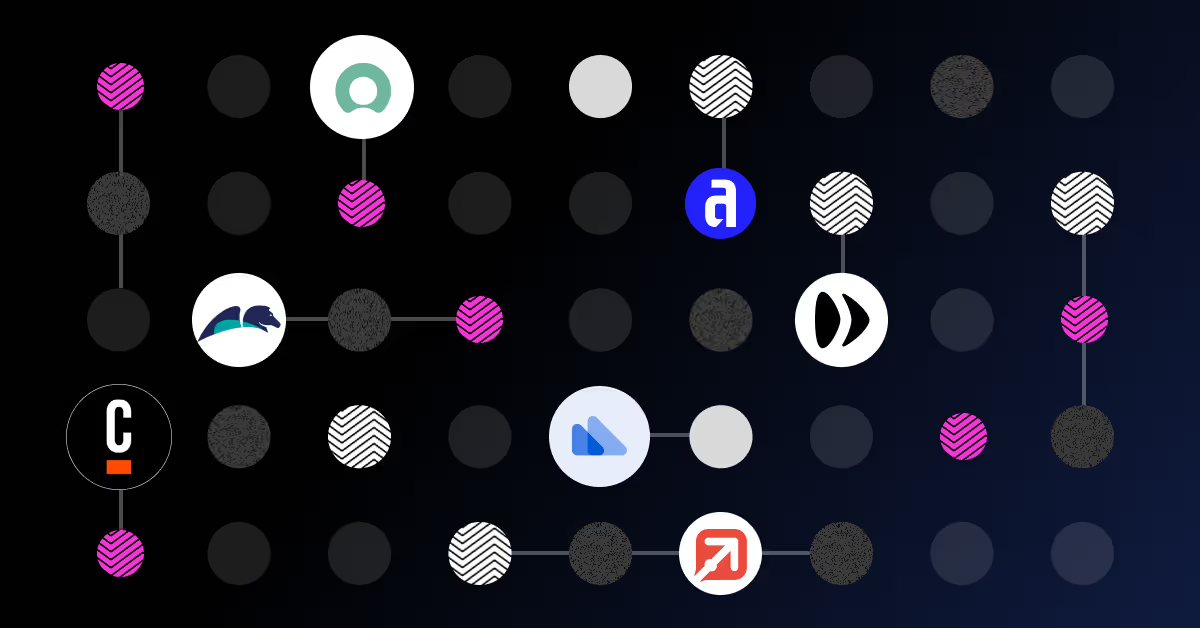How we built Enate's company culture (2026)
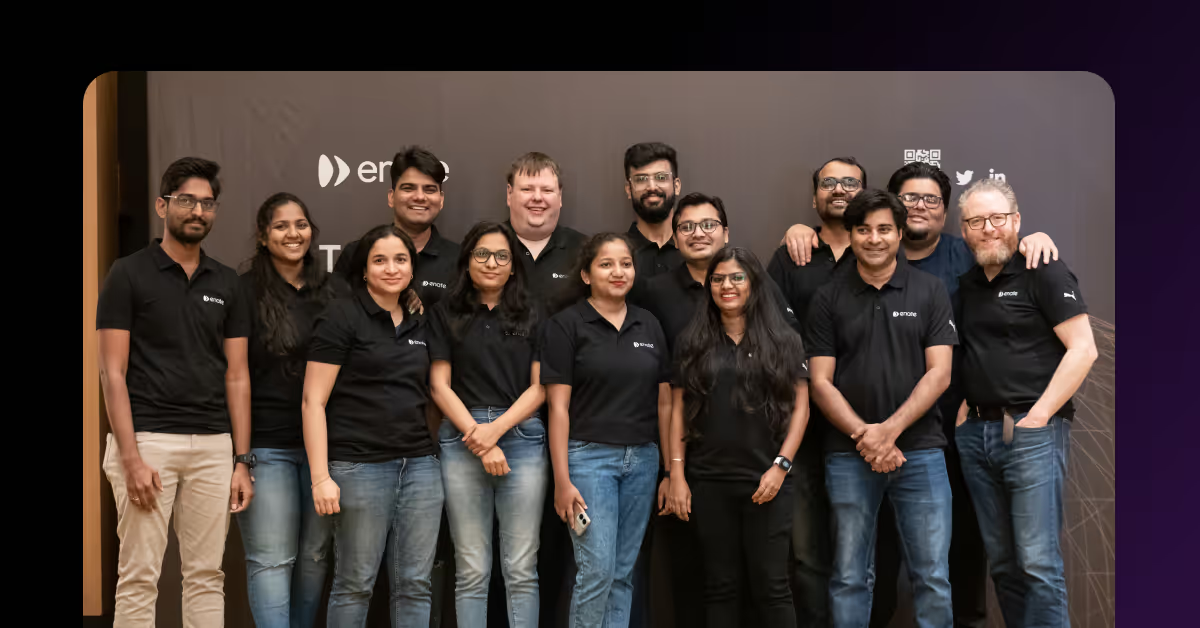
Company culture gets talked about a lot but what it comes down to, in my opinion, is being deliberate. Decide what kind of work place you want to build, then make it real. From the get go, that’s been my approach at Enate.
Before I became a Founder and CTO, I started my career as an Engineer. The builder mindset of solving complex problems as an Engineer has shaped much of Enate’s growth. We launched Enate to help global businesses run services smoothly using orchestration to connect people, systems, and processes on one single platform.
That has all been possible due to hiring the right people and creating the right culture. Below I’m sharing the formula for how we built Enate’s company culture, and what I’ve learned along the way.
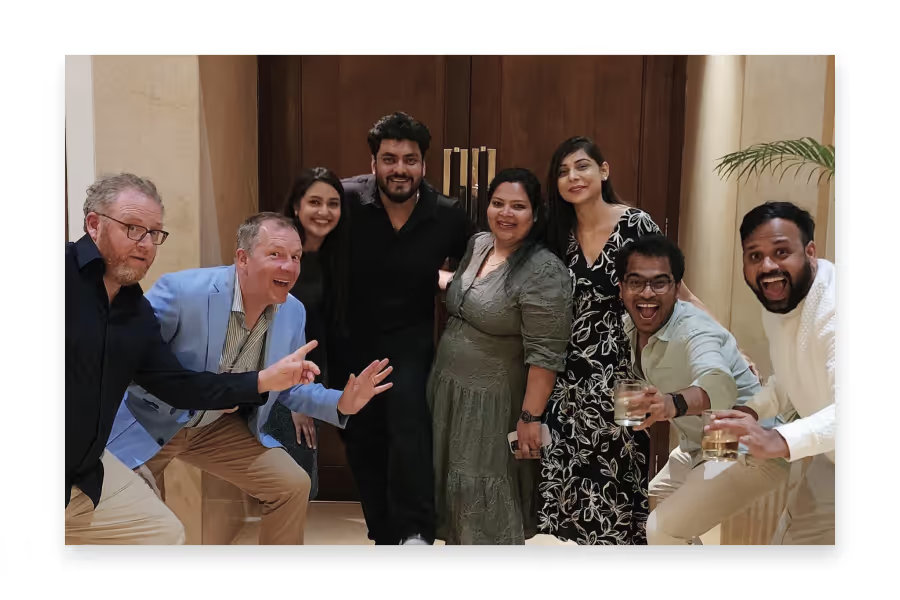
Culture starts with values — but only if they’re real
The question I asked myself when I founded Enate was this: What kind of company would I want to work for? Before I invited people in, I needed to know the answer. You can’t hire for values if you can’t articulate them.
These are the five basic values we established…
- Be simple
- Be open
- Be part of a team
- Be a self-starter
- Be a superhero (in your own way)
For each one, we got really granular on what these values actually meant. But writing these values down isn’t enough. You have to live them, work hard at them, and be able to challenge each other to uphold them.
Hire for culture first, skills second
If you want to bring people into your company who have the same values, you need to be able to interview effectively to see if those values are shared. It means asking better questions. At Enate, we’ve got a selection of culture-fit questions to help us understand if a person’s values line up with ours.
Here are three of my go-to interview questions…
- What are you most proud of? = What do they value?
- Are you loyal? = What do they fight for?
- Are you a self-starter? = What have they done without being told?
If someone can open up about building something important to them or overcoming a big problem, it tells me more about them than a CV ever could.
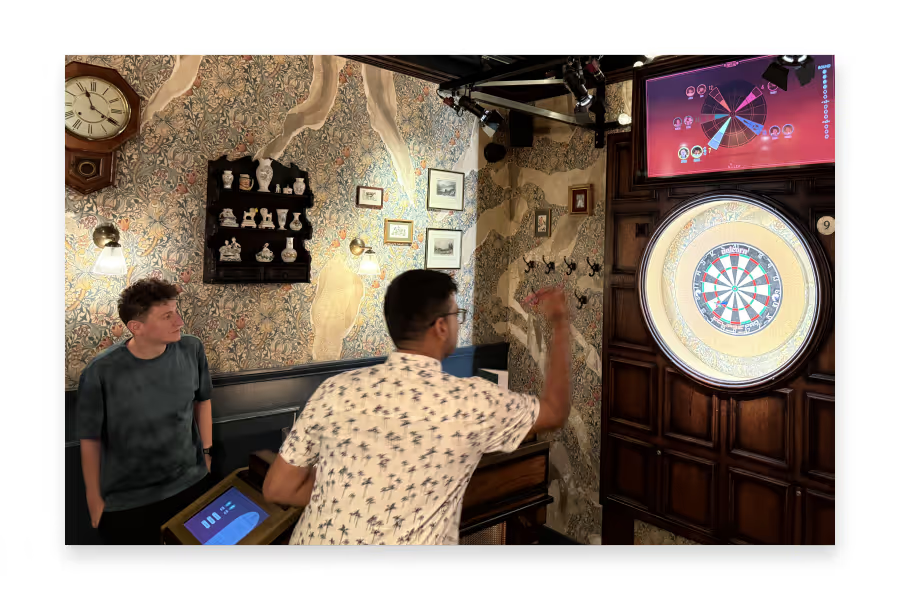
‘Busy lazy people’ are the most powerful workforce
When someone tells me they have a side hustle or time-consuming hobby, that’s music to my ears. Busy people get things done. This isn’t a threat to productivity, it shows they’re passionate and ambitious.
As for lazy people, they don’t waste energy on unnecessary work. You can count on them to find the simplest and smartest way to solve issues. Put those qualities together, and busy, lazy people are the best of both. They’ll work hard on what matters and get it done in the most efficient way, without overcomplicating everything to the point of wasting time.
Simplicity is the secret weapon
Great teams are built on simplicity. If your processes are too complicated, they become disjointed and break down. If your expectations aren’t clear, people stall. If your goals are fuzzy, nothing gets done.
Ask any great designer what they admire, and they’ll tell you about something simple that just works. Culture’s the same. Don’t overcomplicate it, and you’ll be able to build something that lasts.
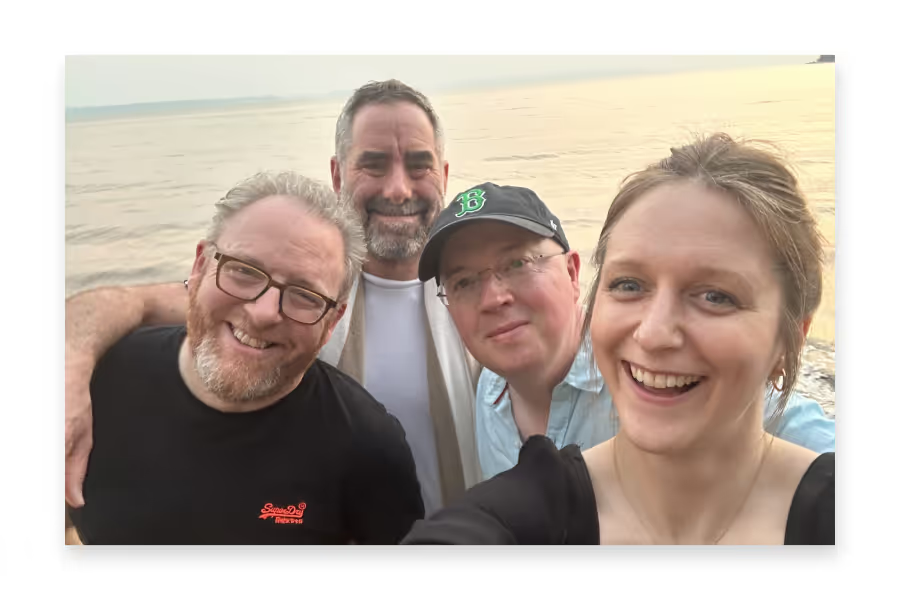
Openness is non-negotiable
At Enate, everyone knows what’s going on – the good and the bad.
We don’t hide problems, we share company financials and investment updates with the whole team, and we expect leaders to be just as accountable as anyone else. When everyone has the same information, they can all solve problems. That’s how you build trust.
And it cuts both ways. Everyone should feel just as comfortable talking to the CEO as with a teammate. Nobody is above anybody else. It’s an environment where people feel safe to speak up, challenge things, and get better.
Teams > managers
A corporate mission statement is often held up as the holy grail of culture, but trust me, this isn’t what motivates people to do their best work. People actually do their best work when they feel valued and accountable for their team. There are three parts to this approach:
- When work is visible, effort is recognised
- Teams push each other more than managers ever could
- Transparency isn’t just for employees; leaders need it too
Culture is shaped more by peers than policies. When people see what others are doing, they step up. When they feel their contribution matters, they care more. When leaders are open, it sets the tone for everyone else.

Recognise your MVPs
Every quarter, we run a peer-nomination system to spotlight the people going above and beyond. Winners get a significant monetary prize. The idea is to look further than day-to-day performance, into how people are making a real impact on the ground.
If you want people to live your values, show them that those values get recognised. Don’t just talk about culture, reinforce it with action.
The result?
Enate’s got a 4.8 rating on Glassdoor. That’s something I’m proud of. It’s evidence that the tech company culture we’ve built works, and we’ve found the right people who share our values. Also, most of our team stay with us for the long-term and we have the low attrition rates to prove it.
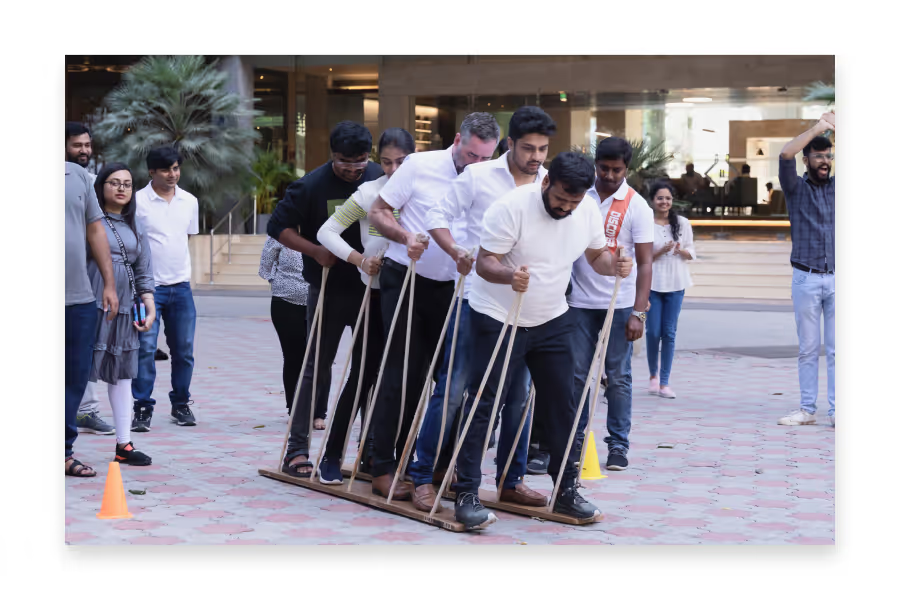
Top tips for building company culture
If you’re building company culture from scratch or strengthening an existing one, here are a few things I’ve learned that may help.
- Get your values straight early – not just slogans stuck on a wall, but the principles you want to live by.
- Make sure your hiring reflects these values – prioritise values over skills, and ask the right questions to find people who share yours.
- Keep it simple – culture, expectations, and communications. If it’s too complicated, it won’t last.
- Be open – the more people understand the full picture, the more they can contribute. Don’t gatekeep information.
- Reward what matters – recognise work that reflects the values you have articulated, and do it publicly.
Final thoughts
Building a company culture often means trying things that don’t work, feeling like you’ve moved in the wrong direction, then trying again. It’s not a straight line. Start from a place of clarity and above all else, build the workplace that you would want to be part of. Culture isn’t a box-tick for exercise, it’s how you work day in and day out. Get it right, and people will actually want to show up to work for you.
